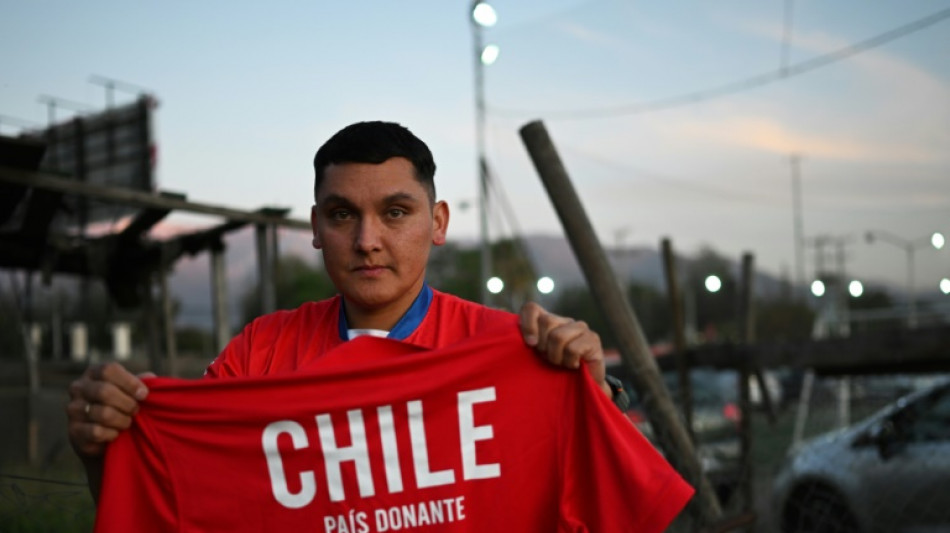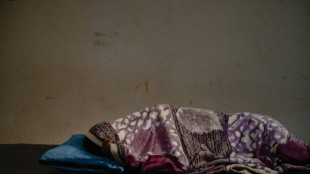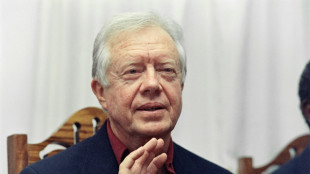

Chile's 'transplant' footballers champion organ donation
With his team's 5-1 win over Spain, Hector Sanchez could truly say he was an international football champion -- though not in the way he dreamed of as a child.
Diagnosed with a liver disease in his youth, the Chilean automobile salesman had long had doctors urging him not to take to the field.
Then, two liver transplant operations later and with a squad of 20 other organ donor recipients, Sanchez was victorious at September's Transplant Football World Cup.
"If it weren't for the transplant, I might not be here," he told AFP after a recent charity match in the Chilean capital Santiago.
It is an opportunity he wants to extend to others. And while the Chilean squad was victorious at the World Cup, the situation at home is tough for others in their position.
Organ donation rates lag despite progressive legislation on the issue.
For Sanchez, 31, promoting organ donation through sports is the way to pay forward his "second chance at life."
- Legal reforms not enough -
Reforms in 2010 aimed at promoting organ donation changed the law to consider all adults as presumed donors, unless they actively opt out.
Yet many people still refuse -- to the point where Chile's transplant rate, 10 per 1 million people, is roughly half of regional leader Uruguay (19.7 per million).
The European Union has a donor rate of 20.9 per million, with world-leader Spain hitting 48.9.
Part of the problem is the law: Chile only considers brain-dead patients as eligible donors, unlike in Spain, for example, where organ donations can be taken from recently deceased people, such as those who die suddenly from a heart attack.
Another part of the puzzle is cultural, with families often refusing to let doctors harvest viable organs for transplants from their deceased loved ones.
"There are many people who believe that (the corpse) will have its eyes gouged out," leaving the body desecrated, said Ruth Leiva, head of the transplant unit at San Jose Hospital.
- 'I'm a normal person' -
Some 2,200 people are on the waiting list for an organ transplant in Chile today -- and for years, Sanchez was one of them.
He faced liver complications from birth, and needed a transplant by the time he reached his teens -- but was only able to get one at the age of 24.
"You begin to be born again, it is your second chance. For me it was like that, physically and emotionally," he told AFP.
On the field, the only things that distinguish his amateur team from other players are the scars hidden beneath their jerseys.
They do not use any special protection, or need any special rules.
"When you step onto the field, you forget everything. I'm a normal person, I'm the happiest person," said Sanchez.
D.Johannsen--MP




